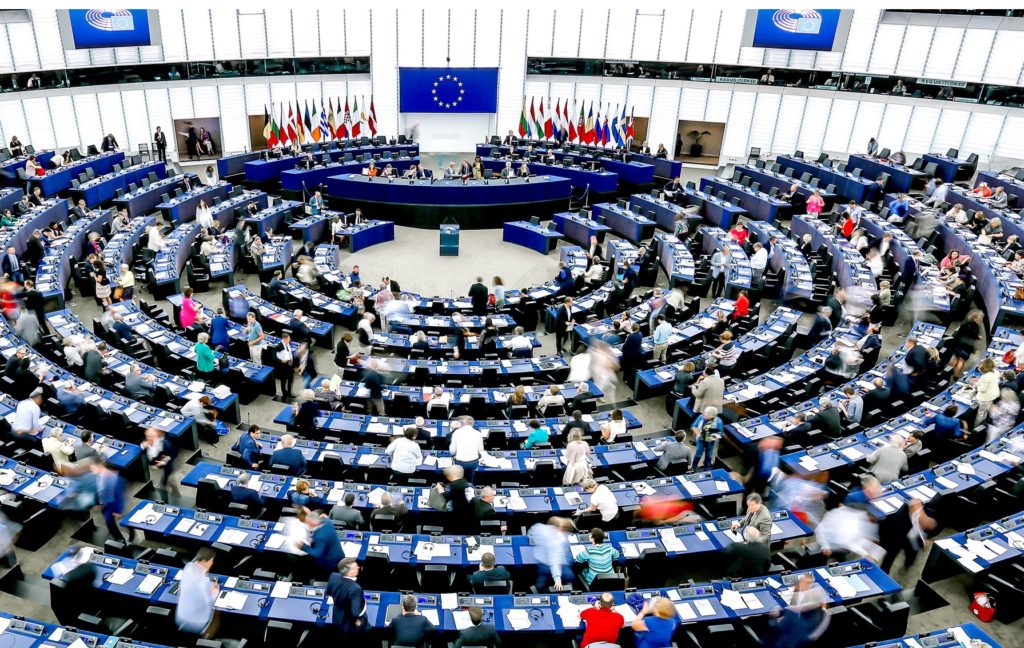European Council President Charles Michel has defended the EU's new coronavirus (Covid-19) recovery plan and long-term budget before the European Parliament on Thursday, as Commission President Ursula von der Leyen criticised a proposed cut in the long-term budget.
EURACTIV reported on Wednesday that the Parliament was ready to withdraw its consent needed for the approval of the budget. Without the Parliament's consent, the coronavirus relief plan can not be activated, as it relies on the approval of the budget.
The EU budget for the next seven years was debated along with the coronavirus recovery funds last weekend in a special European Council meeting, which saw all Member State leaders convene for one of the longest Council conferences ever, days after Dutch PM Mark Rutte kept blocking negotiations by maintaining a hard line on the way the recovery funds should be dispensed. On Tuesday, agreements on the budget and the recovery funds were reached.
Related News
Michel called the deal "a signal of confidence, robustness and solidity." European Commission President Ursula von der Leyen, however, called the proposed budget cuts that led to the agreement a "difficult pill to swallow."
"I started by saying that the European Council's agreement provided the light at the end of the tunnel," von der Leyen said. "But with light, also comes shadow. And in this case, the shadow is in the form of a very lean long-term EU budget."
The European Parliament is due to vote on Thursday, after a debate, on a resolution on the agreement of the 27 Member States. The parliamentary vote on the Council-proposed €1,074 billion budget for the EU will only take place in autumn.
With the proposed budget, the Commission had wanted to invest in the creation of jobs, development of the economy, and to “make the EU green and digital." Overall, the EP feels the proposed cuts “go against the EU's objectives."
The Parliament also disagrees with the way the coronavirus recovery funds are set up in the Council agreement, which determined that €390 billion out of €750 billion will be gifted, while the remaining €360 billion will be treated as conditional loans. In the initial proposal, €250 billion were to be loaned, with the remaining €500 billion turned into unconditional subsidies.
The Parliament feels that this structure will undermine the impact of the coronavirus recovery plan.
The resolution emphasises that the Council’s agreement is one only valid between the leaders of the EU Member States, and that the Parliament “will not be forced into accepting a bad agreement”.
Amée Zoutberg & Jason Spinks
The Brussels Times

